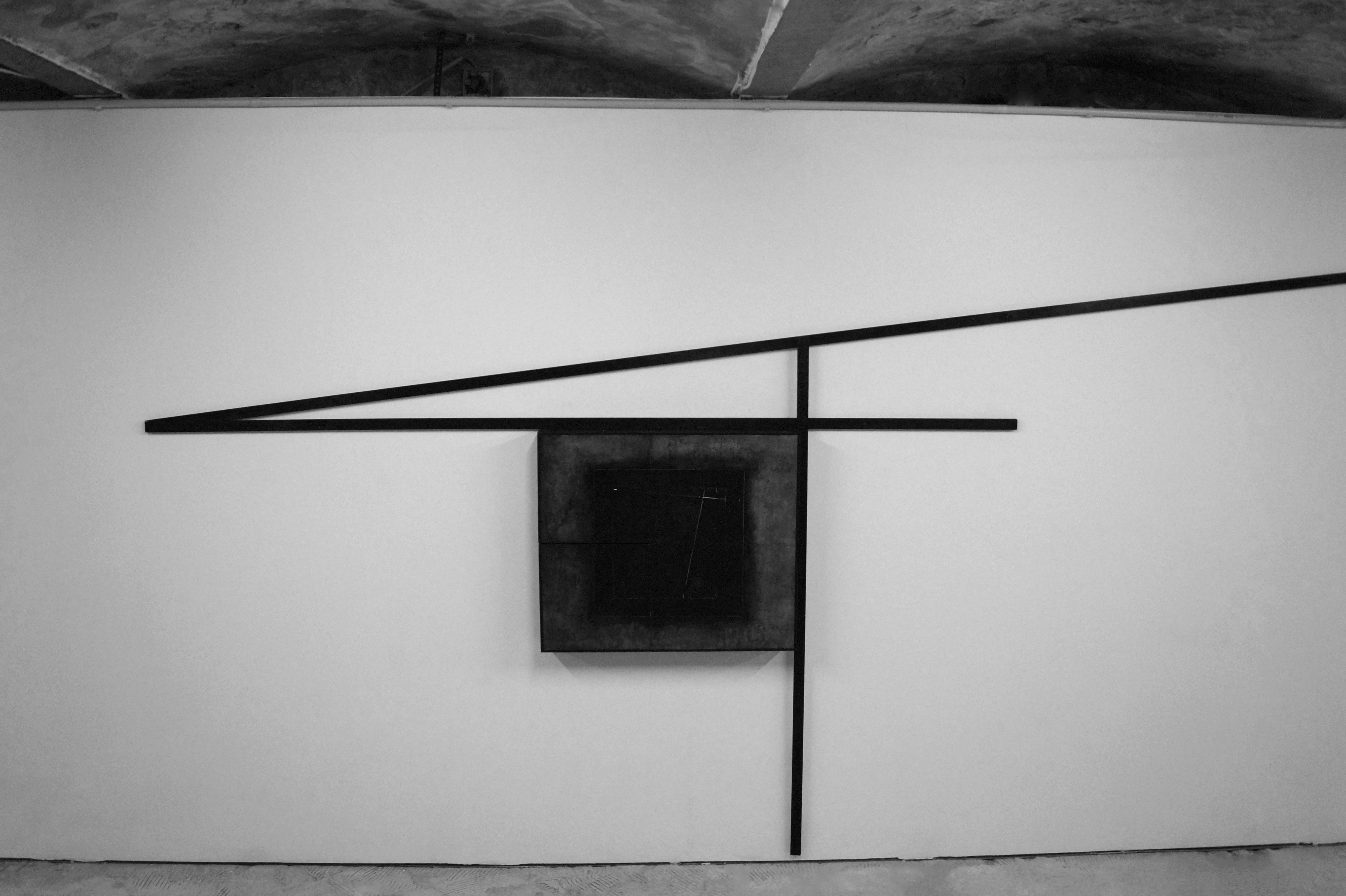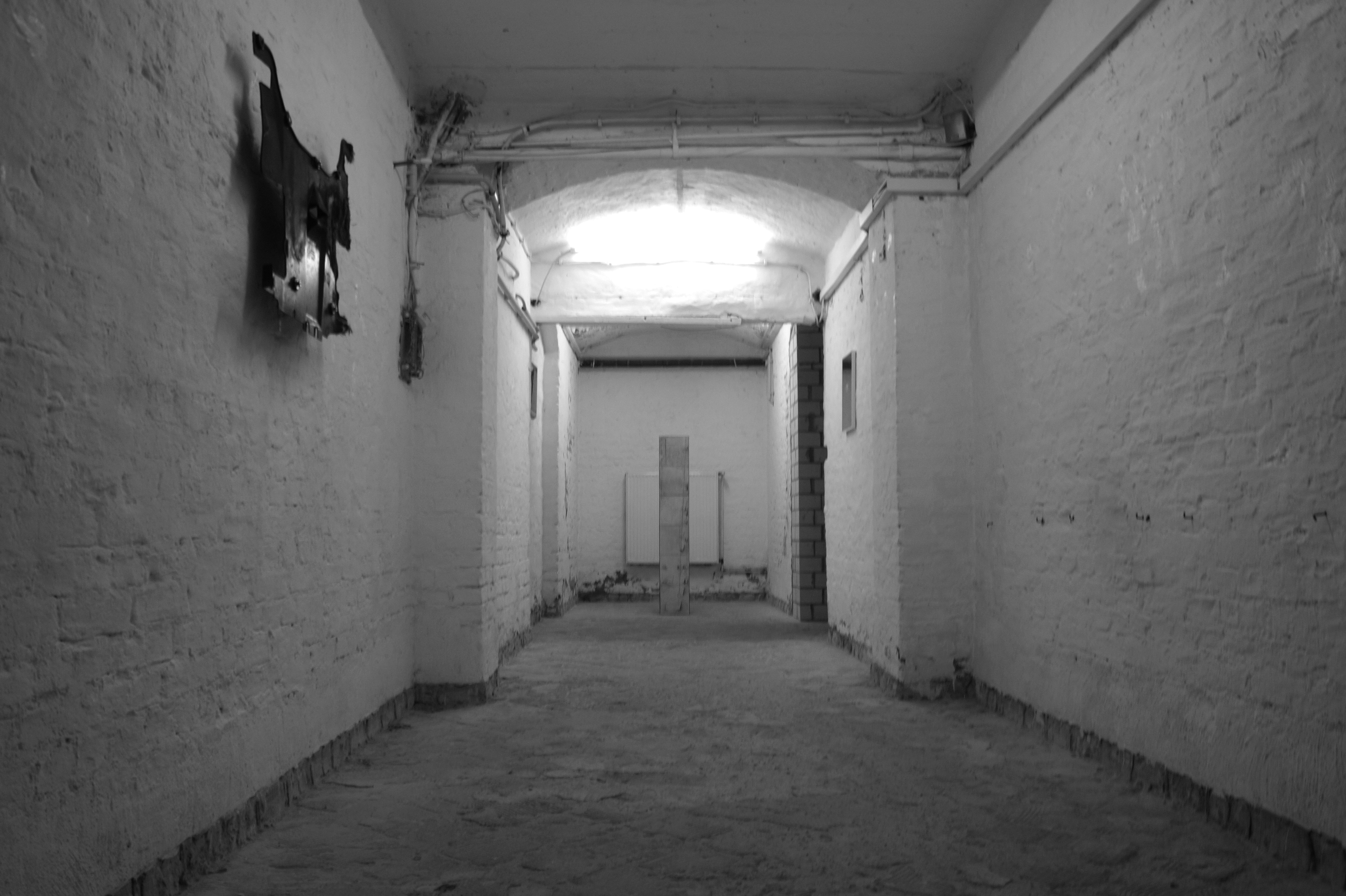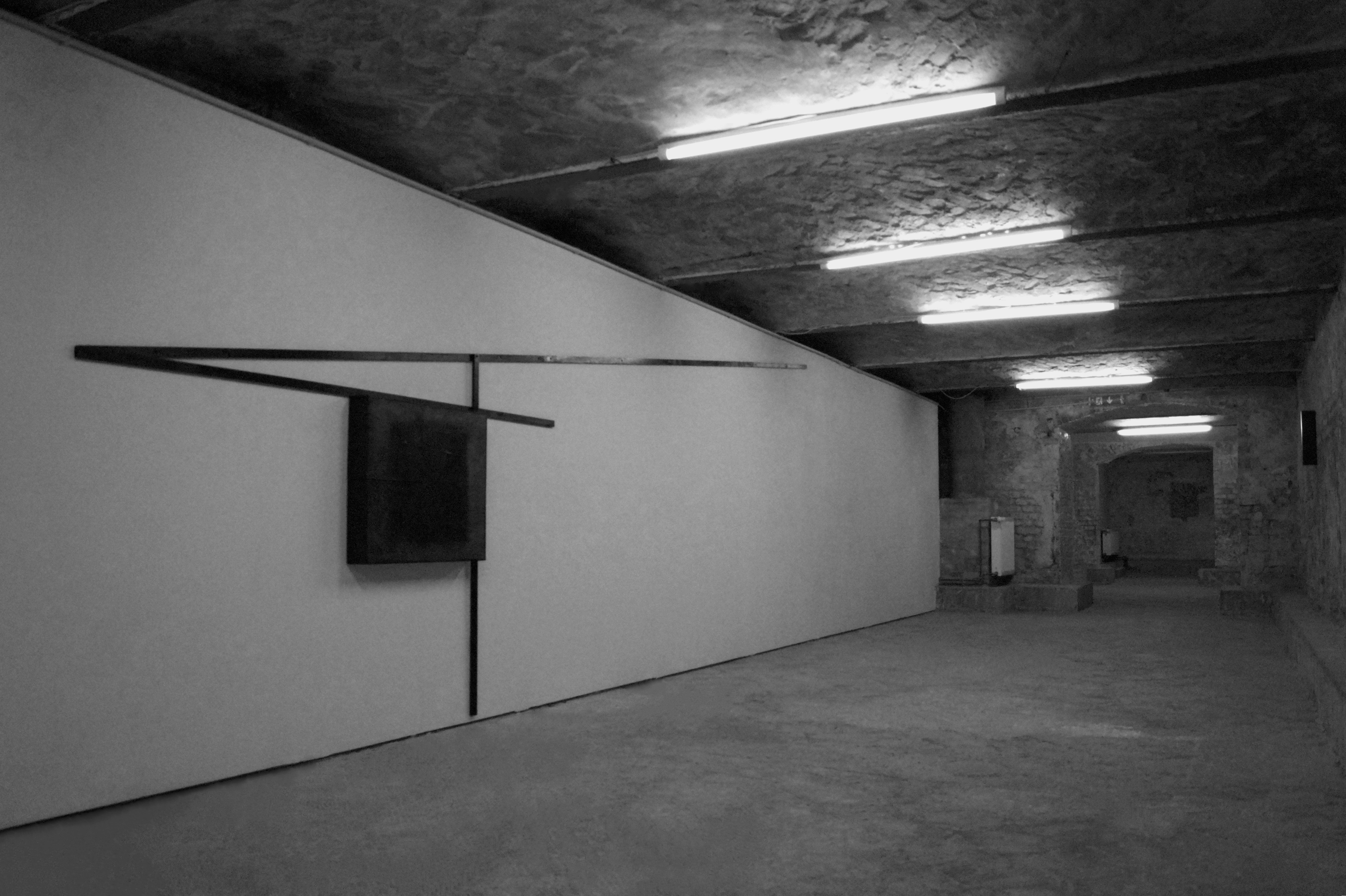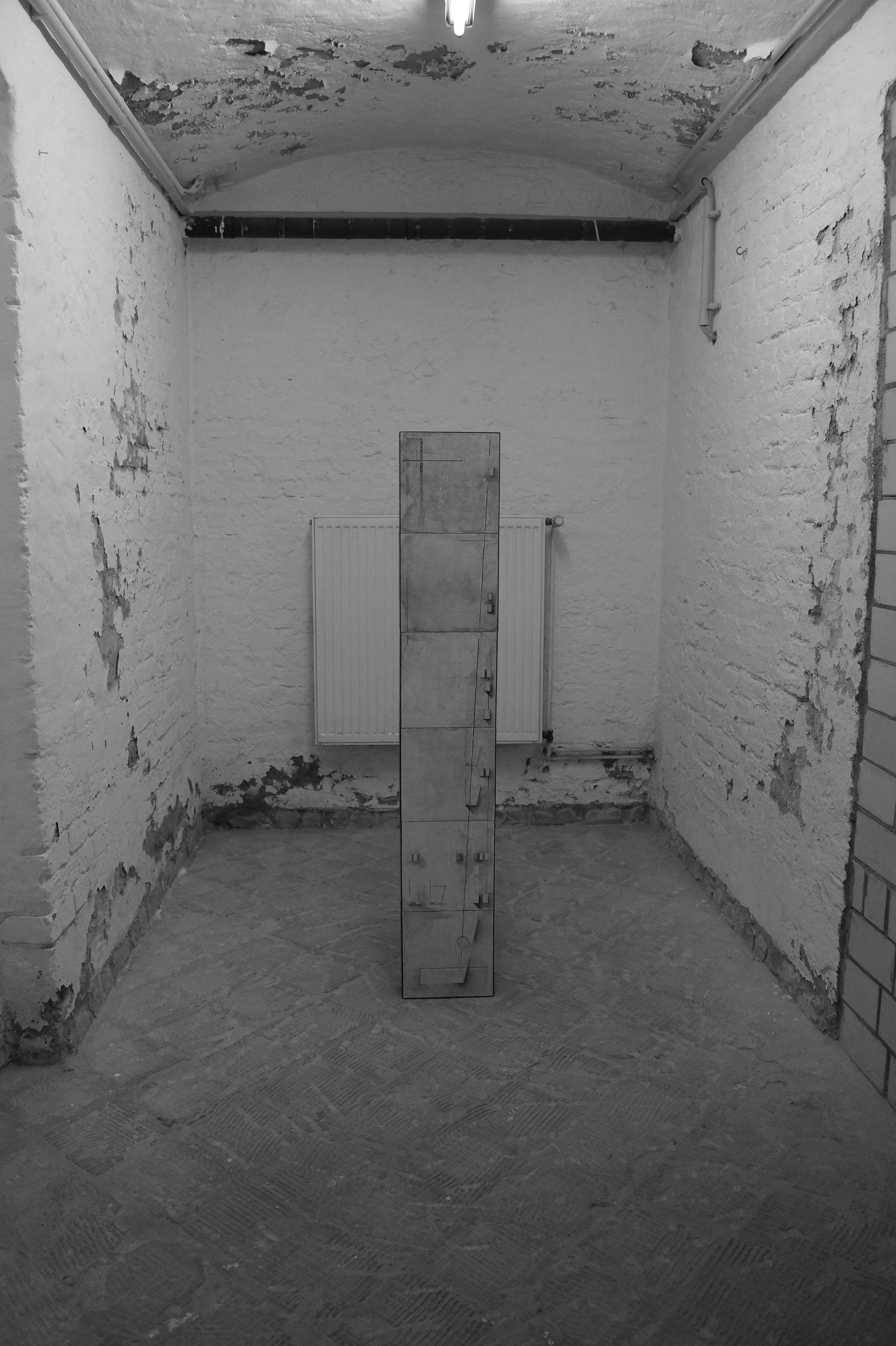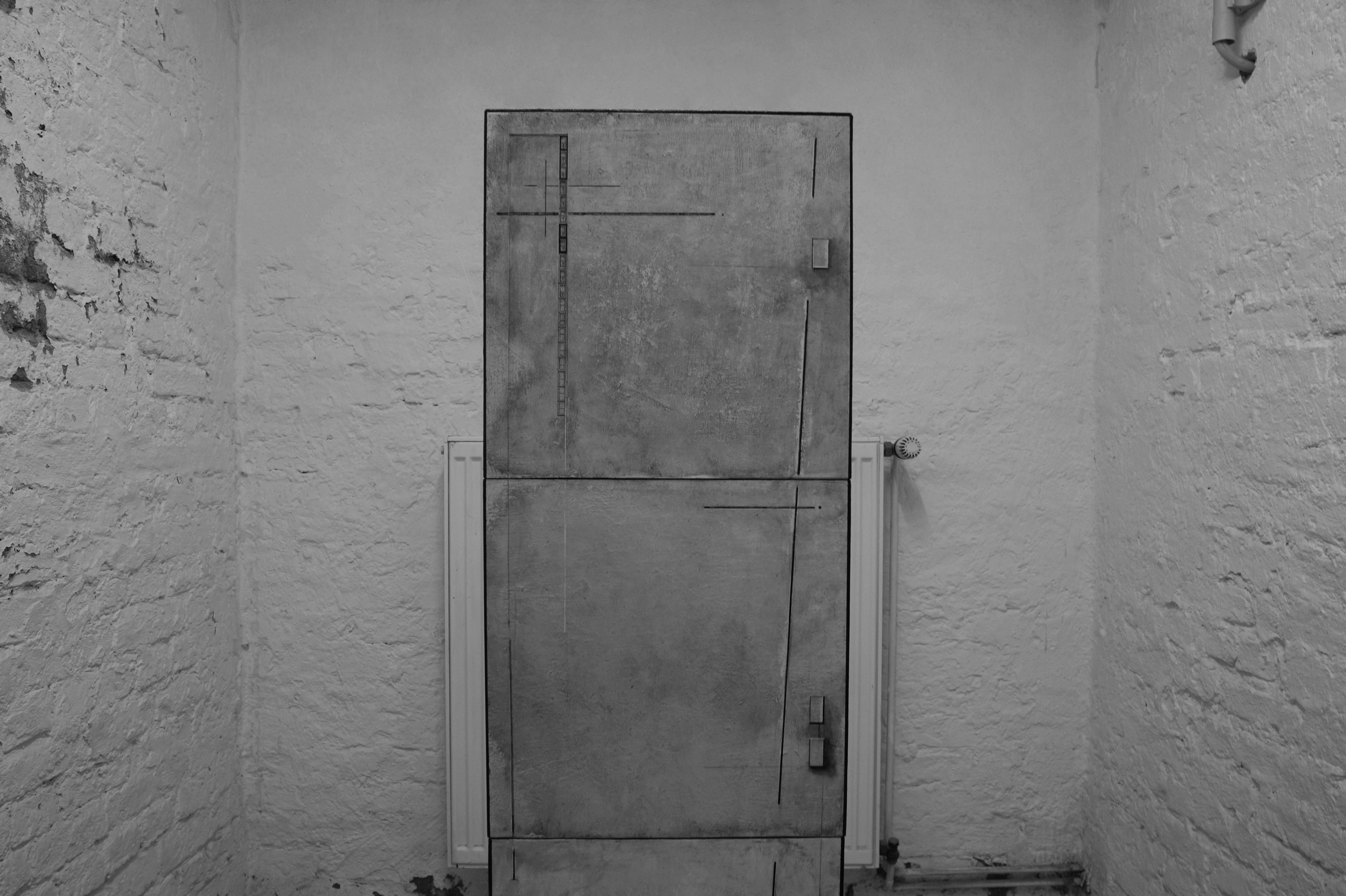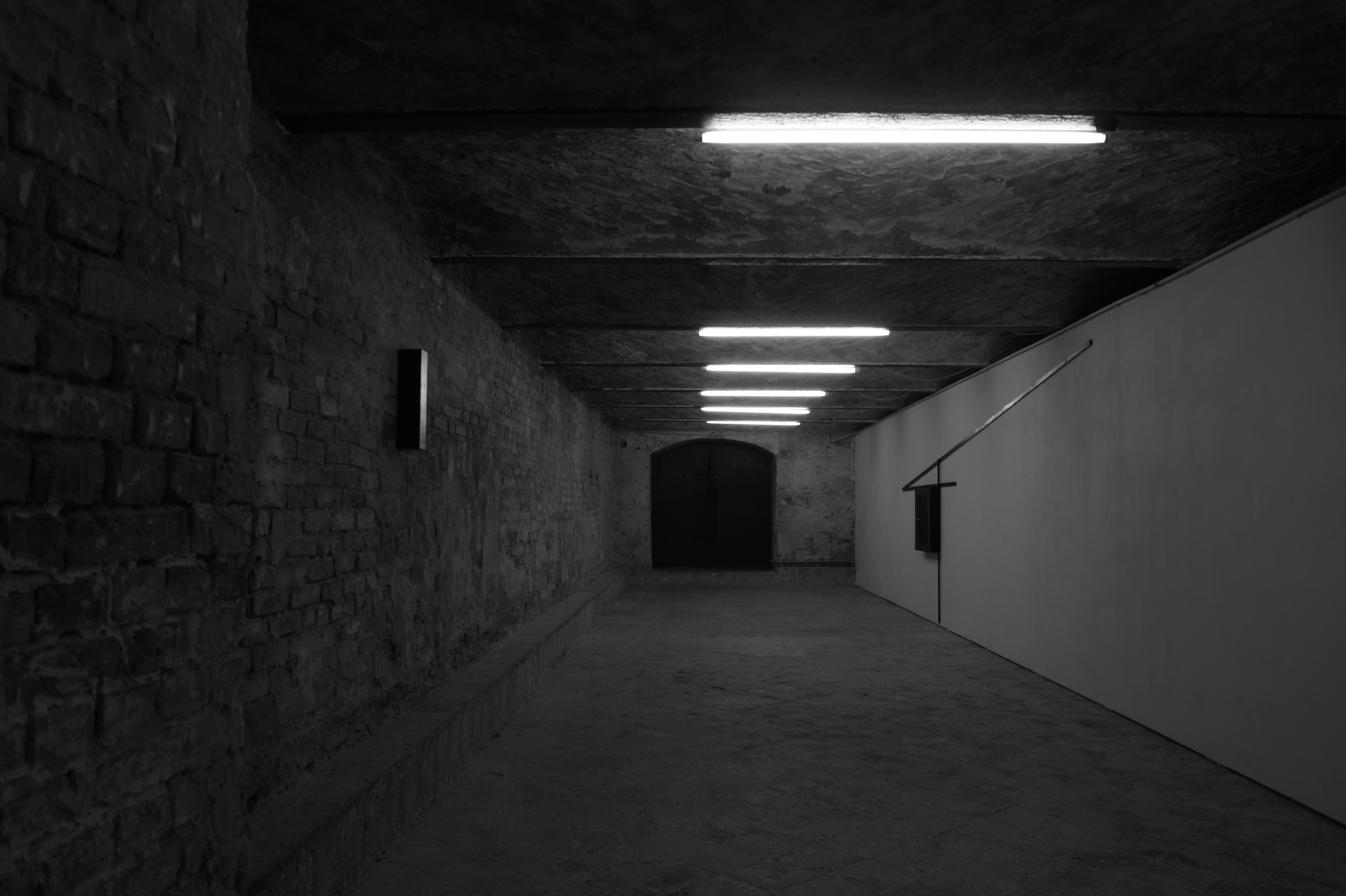
THE INNER INSULARITY OF UTOPIANISM _____ 06.04.24, - 27.04.24
UG Pandora art gallery, Berlin, DE
In the exhibition you can see a total installation, combining a variety of materiality and technical artistic approaches into a single space to convey the tense expectation of disaster that is imminent. The result is a multi-layered audio-visual "Landscape". A poetic installation build on feelings of growing anxiety and a melancholic, somewhat nostalgic state. At a time of escalating wars, as well as the habituation to endless violence, the aim of this artistic statement is to revive humanistic values in a new post-apocalyptic reality, as well as accents on collective and individual memory. There has been an undeniable progress in cruelty, and mass self-deception is already leading to universal catastrophes, which we are witnessing. At the same time, isolated concepts characterise those visions of a positive future that are most widely accepted in Western societies today: fake and superficial collective happiness, totalitarian utopia. Utopian thought is also closely linked to notions of isolation and insularity.We see a dynamic situation of transition from an authoritarian to a totalitarian regime of social control. Mutual suspicion interferes with the relationship between the authorities and the citizen. The accumulated distrust is increasingly felt in different societies. Artists analyse the theme of exclusion and risk, as well as art outside the system. The mechanisms of exclusion allow the authorities to impose measures that would be impossible to take in normal times. It is quite possible that the ideal system of society does not yet exist. And the "isolated island" is a distanced concept of the political ideal. Sofiia Yesakova and Polina Shcherbyna, artists from Kyjiw, Ukraine, focus their artistic practice on the philosophy of violence, referring to texts by Agamben and Sorel. In the exhibition, the artists plan to point to the repetition of episodes of violence and historical events and are of the opinion that man is dual, as well as the duality of history. This must be recognised when trying to understand human nature and history. Nina E. Schönefeld works in her practice with phenomena such as political persecution, dictatorial systems, radical political change, and situations through which life suddenly changes.... "Art is no longer interested in serving the state and religion, it no longer wishes to be an illustration of cultural history." (Malevich) Jinseok Lee reflects on issues of co-dependency and human adaptability. Inspired by thinkers such as Rousseau ad Sloterdijk, he questions people's willingness to adapt to structural change. Sophie Constanze Polheim explores the complex relationship between human and nature, social power structures and hierarchies, drawing from a variety of sources including mythology, history.
With artists Sophie Constanze Polheim, Nina E. Schönefeld, Jinseok Lee, Polina Shcherbyna, Sofiia Yesakova
Curated by Sofiia Yesakova
